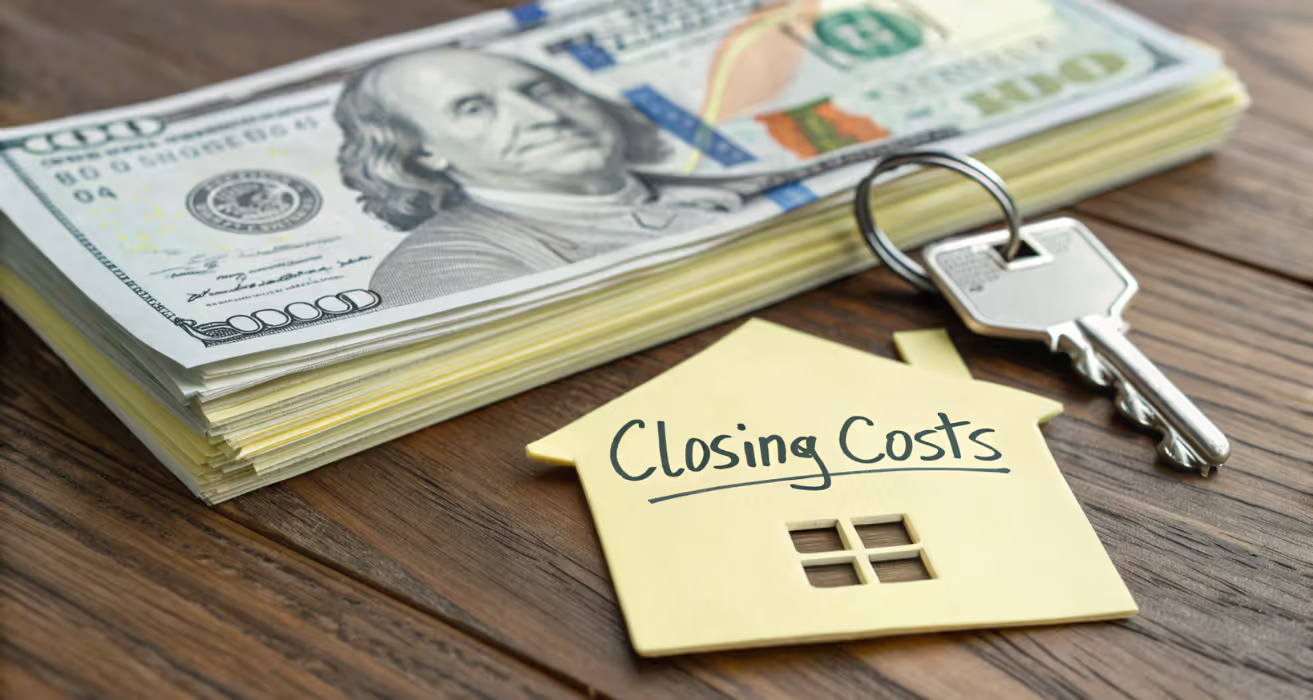How Long Does the Mortgage Refinance Process Take?

You’re not alone if you feel unsure about how long a mortgage refinance takes. The process can feel like a black box: you hit "Apply," upload a mountain of documents, and then wait. And wait. That wait can feel endless, especially if you're counting on lower payments or cash-out funds.
Here's the truth: Most refinance processes take between 30 to 45 days. But the real answer depends on you, your lender, the loan type, and even your appraiser's calendar. This guide breaks it all down, step-by-step, with tips to move it along.
Let’s get you clarity and control.
Key Takeaways:
- The refinance timeline typically spans 30–45 days, but delays can happen.
- Pre-approval, documentation, appraisal, and underwriting are major phases.
- Knowing the process helps you prepare documents and avoid bottlenecks.
- Clear communication with your lender can help you close faster.
- Timing your refinance right can potentially save thousands.
Week-by-Week Refinance Timeline (Typical Conventional Loan)
Week 1: Application & Document Collection
- Complete your loan application (this is your official start date).
- Submit income verification (W-2s, tax returns, pay stubs).
- Submit credit and asset documents (bank statements, ID, homeowner’s insurance).
- Receive a Loan Estimate within 3 business days.
Pro Tip: Organize your documents before applying to save a few days.
Weeks 2–3: Processing & Appraisal
- The loan processor reviews your file and requests missing information.
- Appraisal is scheduled (if required) and conducted.
- Title work and homeowner’s insurance are confirmed.
Heads Up: In hot markets, appraisals can take 7–10 days just to get scheduled.
Week 4: Underwriting Review
- Underwriter reviews your complete loan file.
- May issue conditions (e.g., explanation letters, updated documents).
- You respond with the requested information.
Week 5: Final Approval & Closing
- Clear-to-close is issued.
- Closing disclosure is sent 3 business days before signing.
- You attend closing (in person or digitally).
- Loan funds are disbursed (note: for primary homes, there’s a 3-day rescission period).
What Can Delay a Refinance?
- Missing documents or slow responses from the borrower.
- Low appraisal value requiring reconsideration.
- Credit changes (new debt or missed payments during processing).
- Title issues, like unresolved liens or name discrepancies.
- Lender backlog during high-volume periods.
How to Speed Up the Process?
- Stay organized and responsive.
- Don’t apply for new credit or change jobs during the refinance.
- Work with experienced mortgage professionals who offer clear timelines.
- Choose digital-first platforms for faster underwriting and closing.
When Should You Start a Refinance?
- Interest rates drop: even 0.5% can mean big savings.
- You’ve improved your credit or DTI.
- You want to remove PMI with more equity.
- You’re planning renovations or debt consolidation.
Quick Example: Say you're refinancing a $300K loan from 6.5% to 5.75%. You could save ~$150/month or more, making the 30–45 day wait worth it.
Conclusion: Ready to Refinance Without the Stress?
There’s no need to go it alone. If you're ready to begin or just want expert guidance, platforms like reAlpha, a commission-free home buying platform, can simplify your journey. And Be My Neighbor offers personalized, licensed mortgage support to walk you through every step.
Don't just refinance, refinance smarter.
FAQs
How long does refinancing a mortgage take in 2025?
Typically, 30 to 45 days from application to funding, depending on the lender, borrower preparedness, and appraisal timelines.
Can I speed up my refinance process?
Yes. Submitting complete documents quickly, choosing a digital lender, and avoiding major financial changes during underwriting can help.
What documents do I need to refinance?
W-2s or 1099s, tax returns, recent pay stubs, asset/bank statements, mortgage statement, homeowner’s insurance, and ID.
Do I need an appraisal for a refinance?
Most conventional refinances require an appraisal, unless you qualify for an appraisal waiver (based on loan type and equity).
Is it worth refinancing if rates drop by 0.5%?
Often yes, especially if you plan to stay in the home for several years. Use a refinance calculator or consult with a loan officer.
Disclosures:
- This content is for informational purposes only and does not constitute financial advice.
- Mortgage terms and timelines vary by lender and borrower profile.
- Be My Neighbor is a licensed mortgage company. NMLS #1743790.
- Realpha operates as a platform to simplify the homebuying and refinancing process and does not charge a commission on home purchases.
- Rates, terms, and loan approvals are subject to change and eligibility.
Always consult a licensed mortgage professional to evaluate your specific financial situation and options.
Ready to get started?
Visit Be My Neighbor or reAlpha to explore your refinance options today!


.avif)
.avif)
.avif)
.avif)
.avif)
.avif)
.avif)
.avif)
.avif)
.avif)
.avif)
.avif)
.avif)
.avif)
.avif)
.avif)
.avif)
.avif)
.avif)
.avif)
.avif)
.avif)
.avif)

.avif)

.avif)
.avif)
.avif)
.avif)
.avif)
.avif)


.avif)

.avif)




.avif)
.avif)
.avif)
.avif)
.avif)
.avif)
.avif)
.avif)
.avif)
.avif)
.avif)
.avif)
.avif)
.avif)
.avif)
.avif)



